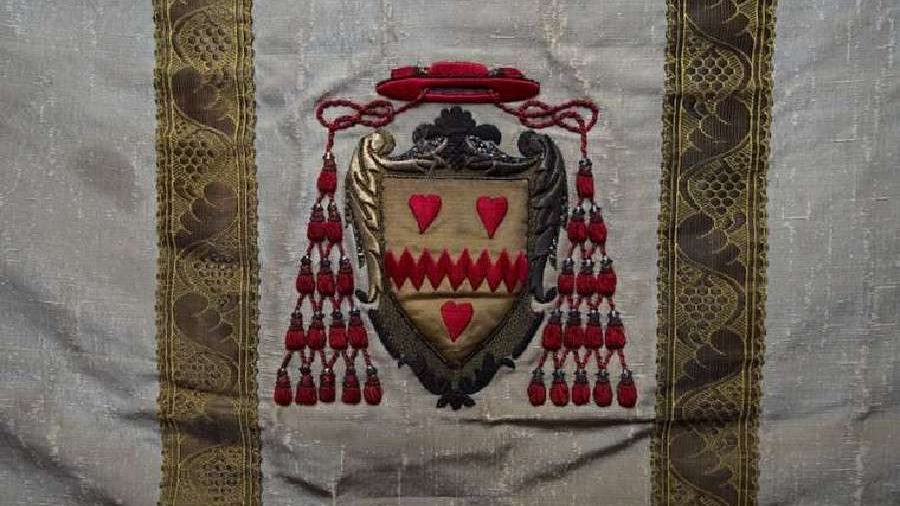A first-class relic of St. John Henry Newman was stolen from the Birmingham Oratory sometime in late January, the Oratory announced in its weekly newsletter.
"Sadly, the only piece of bone thought to have been St John Henry's was stolen from its casket in the Newman Shrine. If anyone has seen any suspicious activity, please inform one of the Fathers or Brothers,” read a notice in the Oratory’s Feb. 2 newsletter.
The though reported at the beginning of the month, the most recent edition of the Oratory's newsletter does not include any further mention of the theft, and the West Midlands Police told CNA that they were “unable to find a report of theft from Birmingham Oratory.”
The Birmingham Oratory did not respond to CNA’s request for comment.
News of the theft was first reported on Saturday, Feb. 8, in The Catholic Herald.
The bone fragment is one of very few existing first-class relics of St. John Henry Newman, who was canonized last October.
A first-class relic is part of the physical body of a saint. A second-class relic is an item that was owned or used by a saint, such as an article of clothing or a rosary bead, and third-class relics are things that have been put into contact with first- and second-class relics. The bone fragment belonging to St. John Henry Newman was discovered in 2008, when his gravesite was excavated as part of the canonization process.
Due to accelerated decomposition in the Birmingham graveyard where Newman was buried, and the nearly 120 years between his death and disinterment, very few relics were recovered from the site.
"The oratory cemetery is extremely damp, on the side of the Lickey hills and with a stream running through it," said Peter Jennings of the Archdiocese of Birmingham in 2008, when Newman’s cause was under examination. "The undertakers hadn't been digging for long when they warned us that we'd be lucky to find any recognizable remains at all."
Newman was a 19th century theologian, poet, Catholic priest and cardinal. Born in 1801, before his conversion he was a well-known and much-respected Oxford academic, Anglican preacher, and public intellectual.
His conversion to the Catholic faith in 1845 was controversial in England, and resulted in the loss of many friends, including his own sister, who never spoke to him again.
He became a priest in 1847 and founded the Oratory of St. Philip Neri in England. He was particularly dedicated to education, founding two schools for boys and the Catholic University of Ireland. His “Idea is a University” became a foundational text on Catholic higher education. He was a prolific author and letter writer. Newman died in Birmingham in 1890 at the age of 89.
At the time of his canonization last year, St. John Henry Newman became Britain’s first new saint since the canonization of St. John Ogilvie in 1976.

